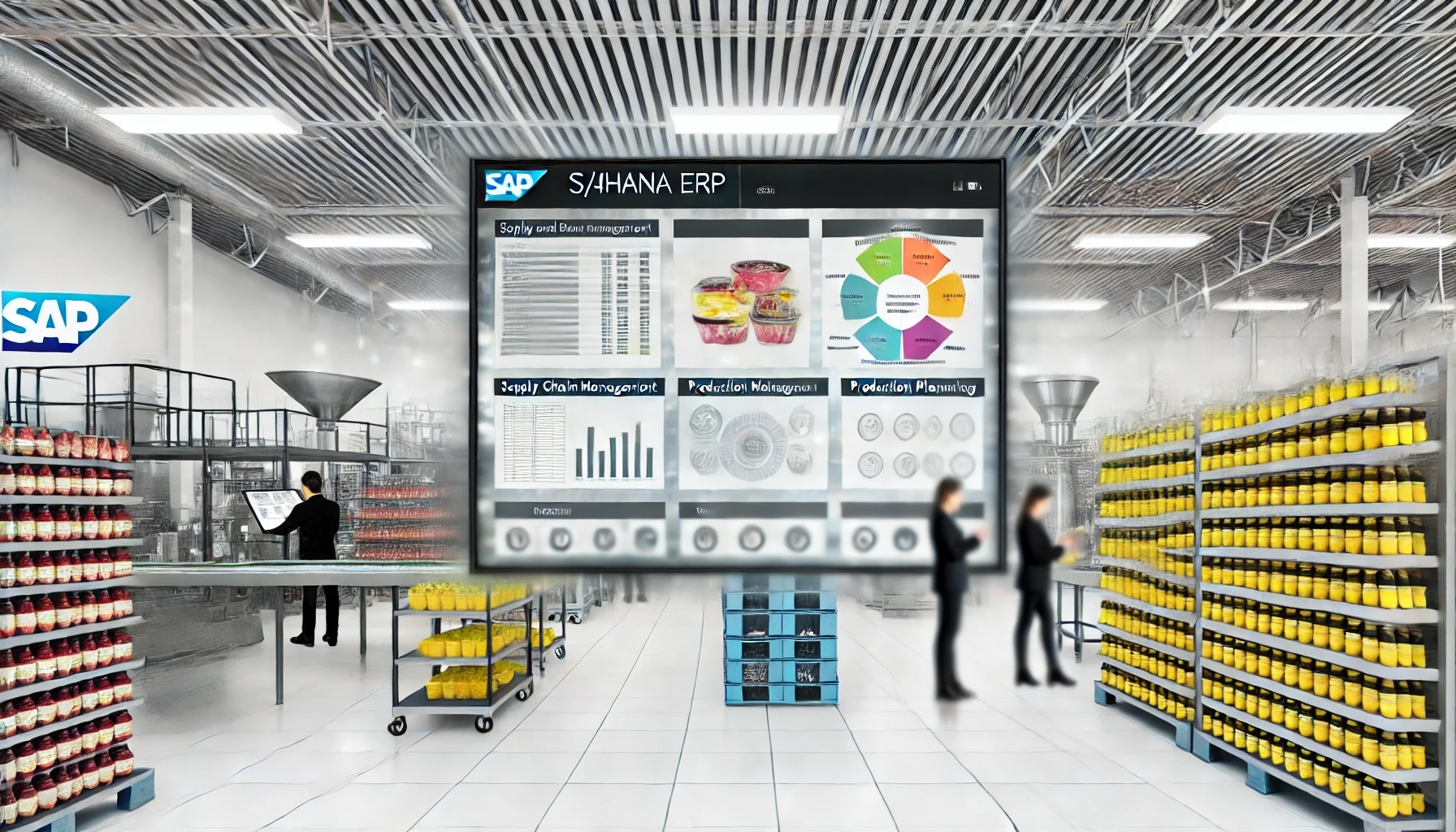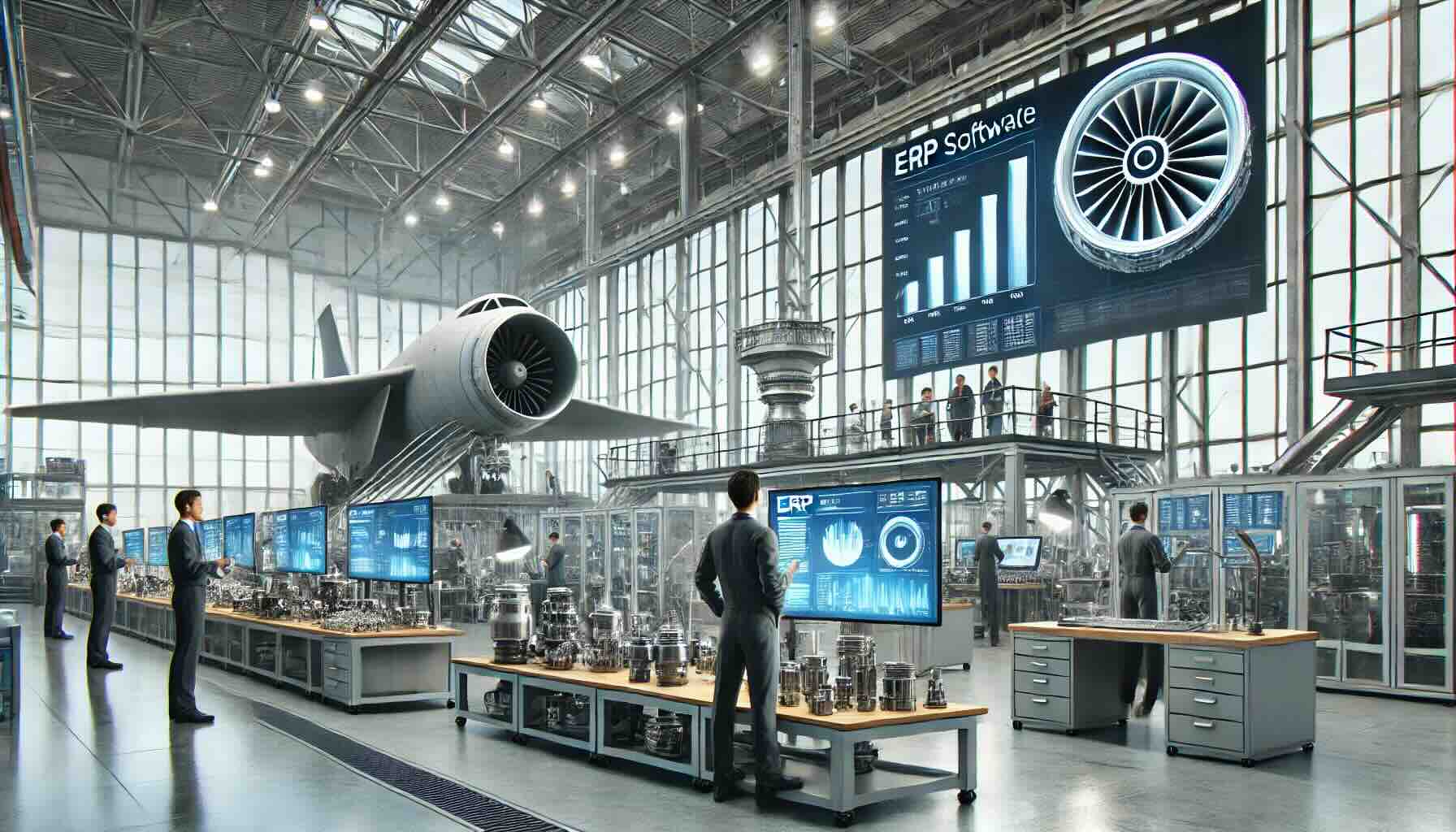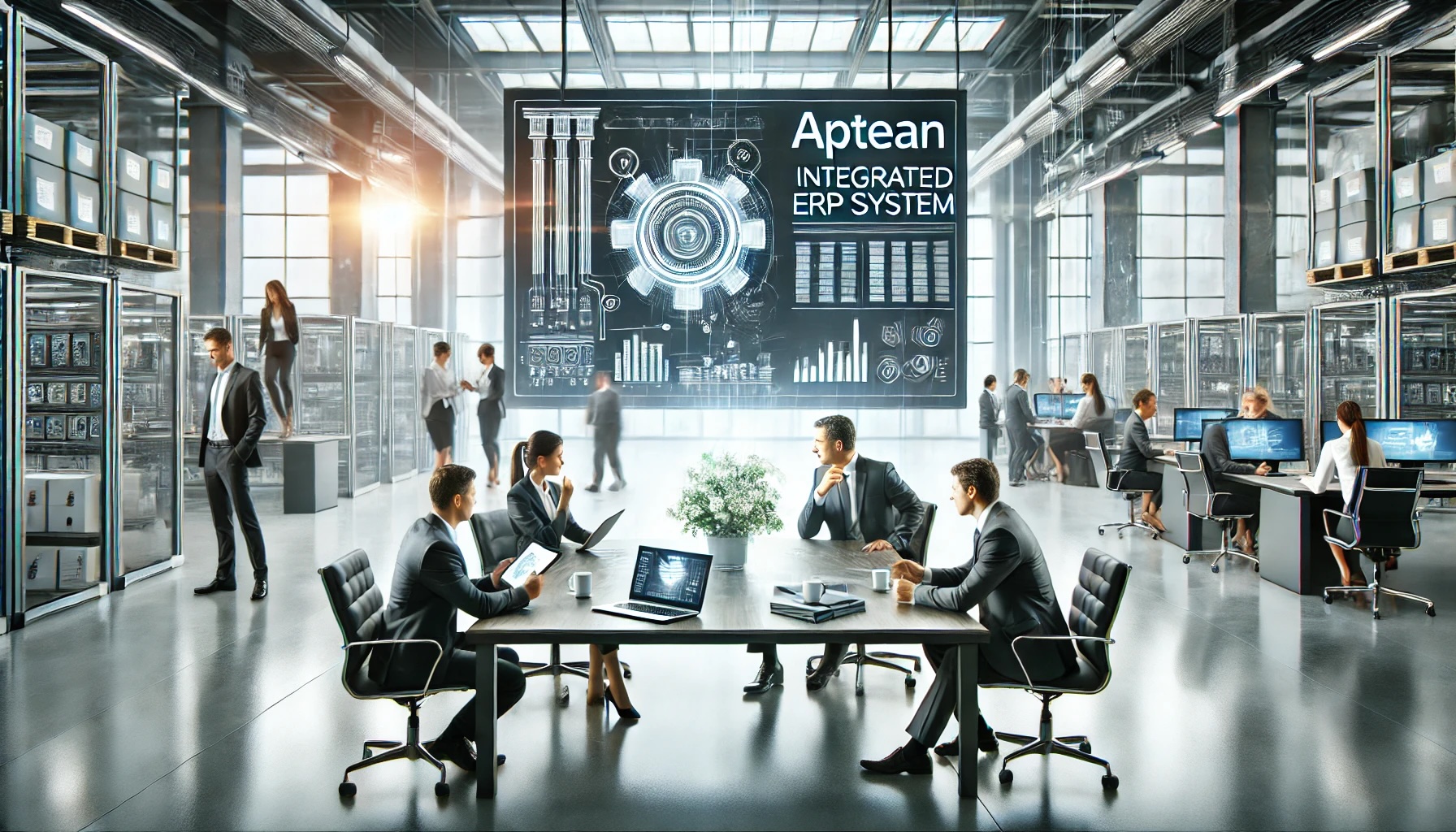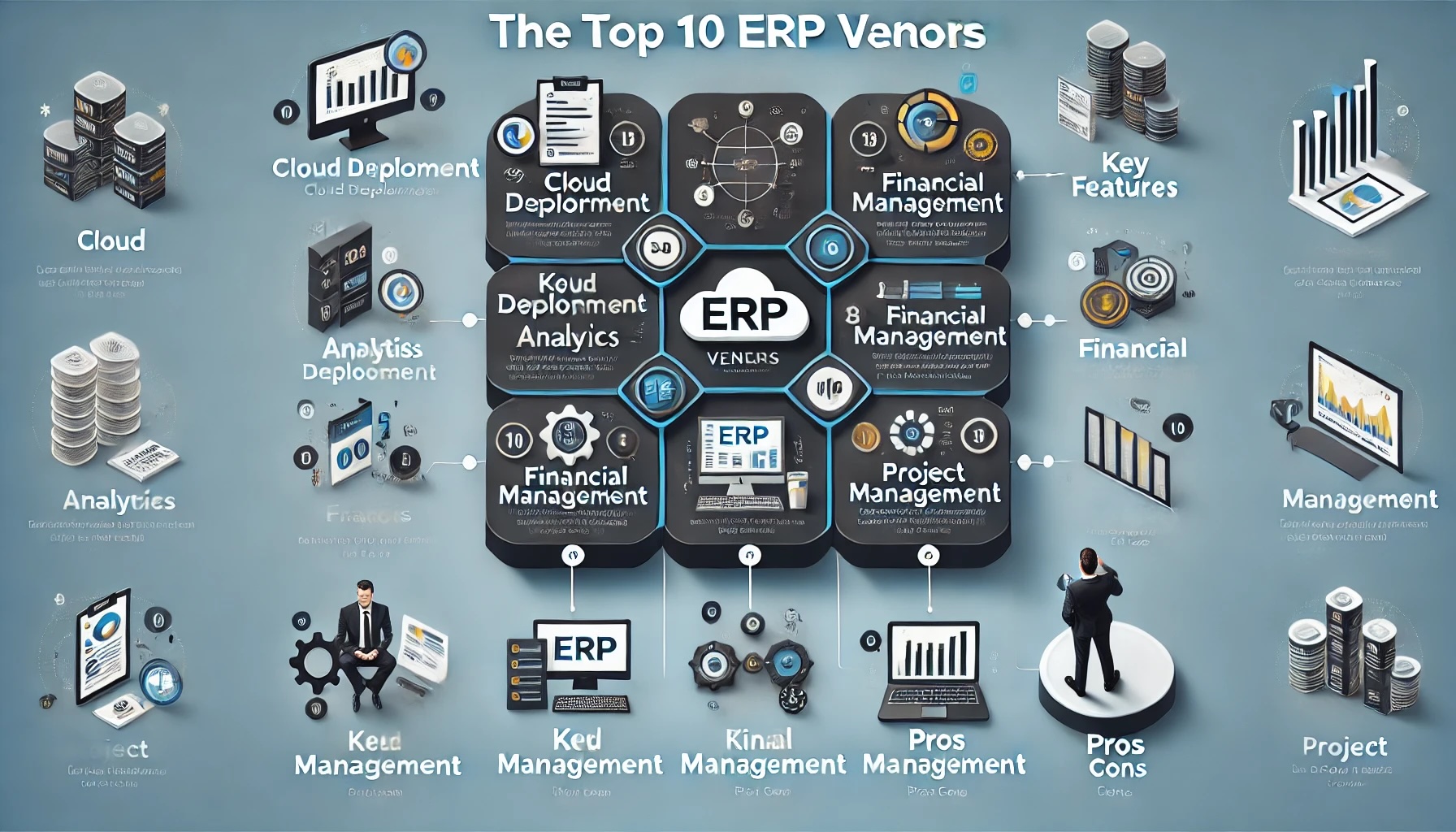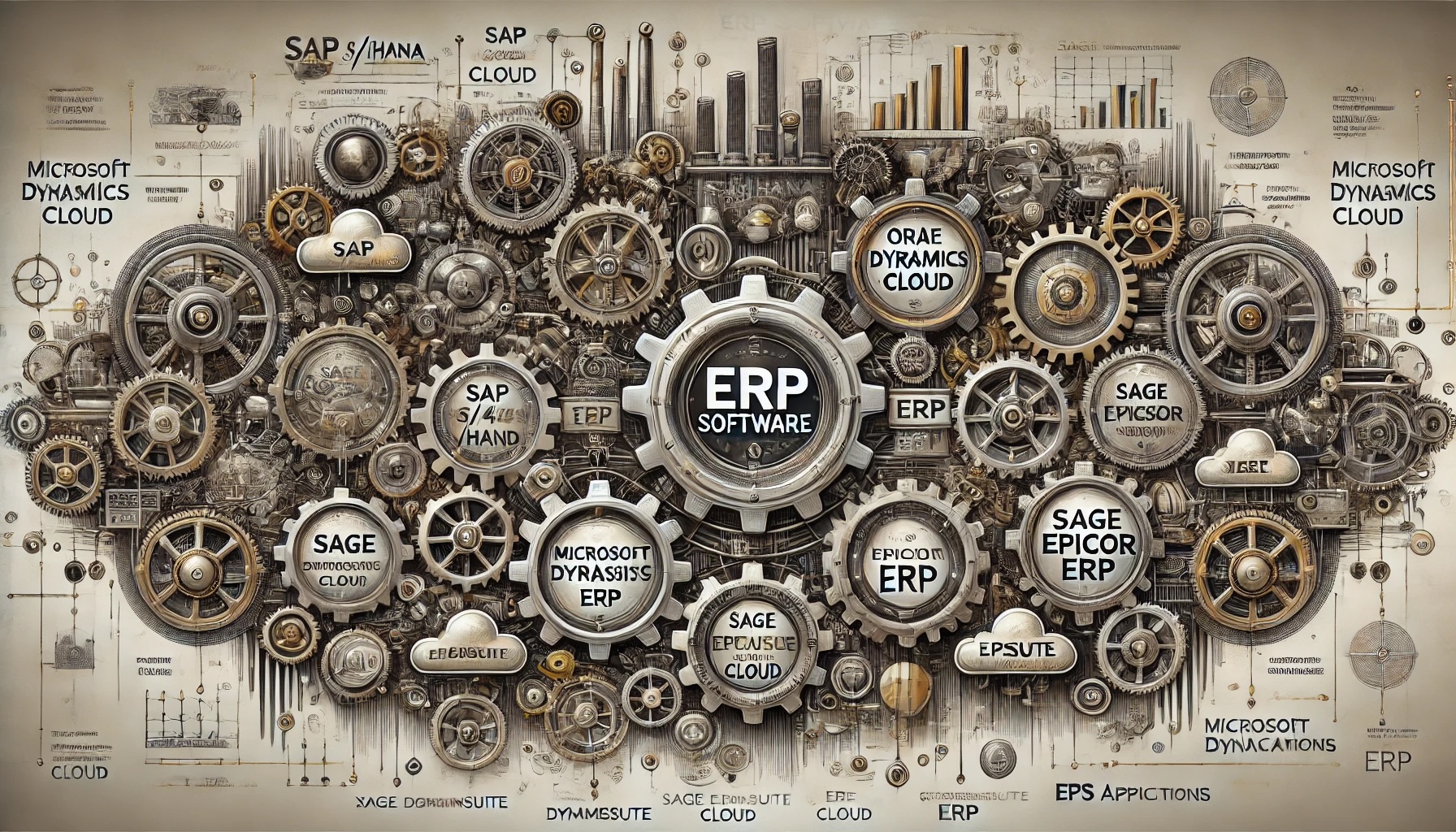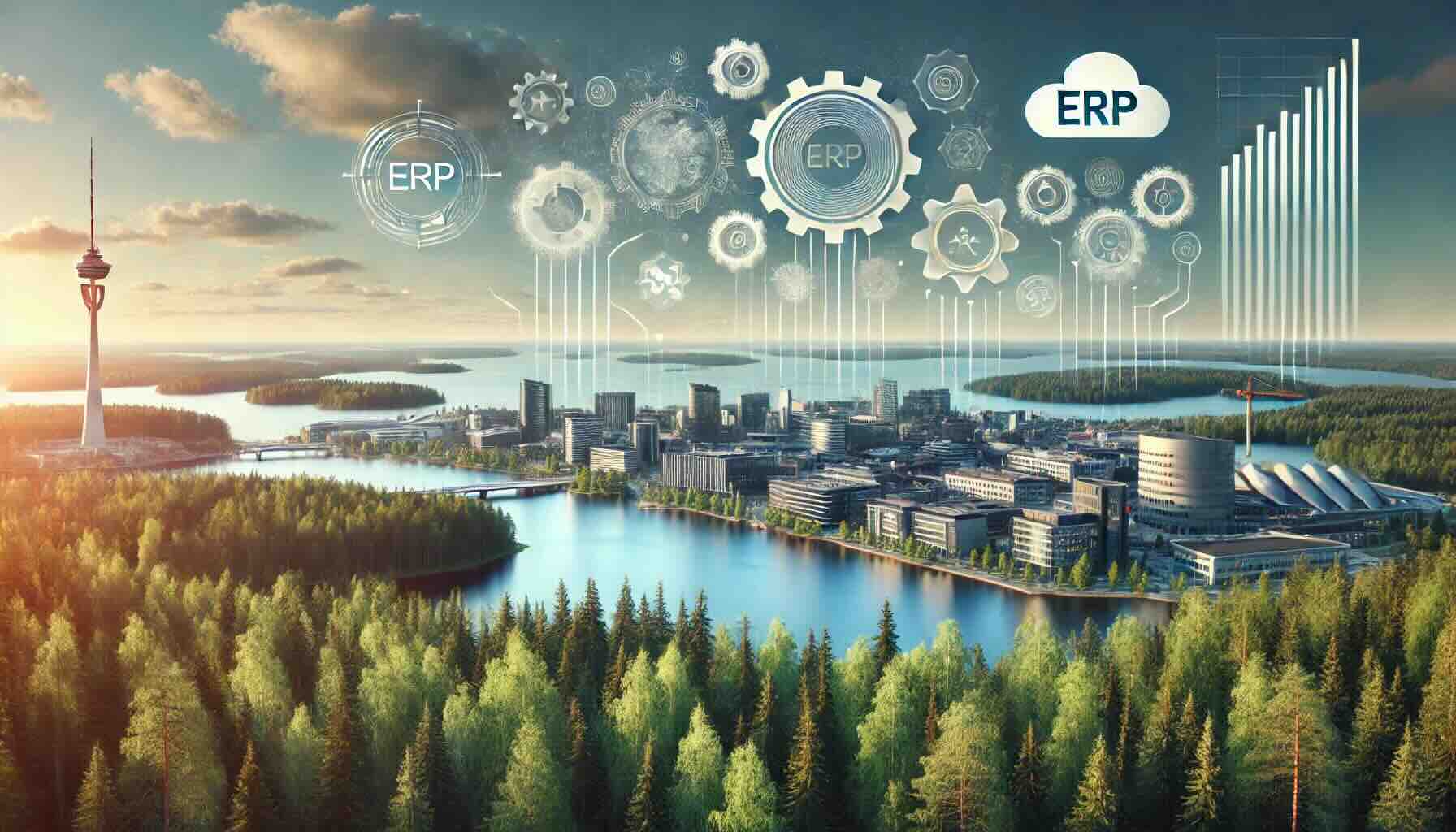Compare the Best ERP Systems in Germany
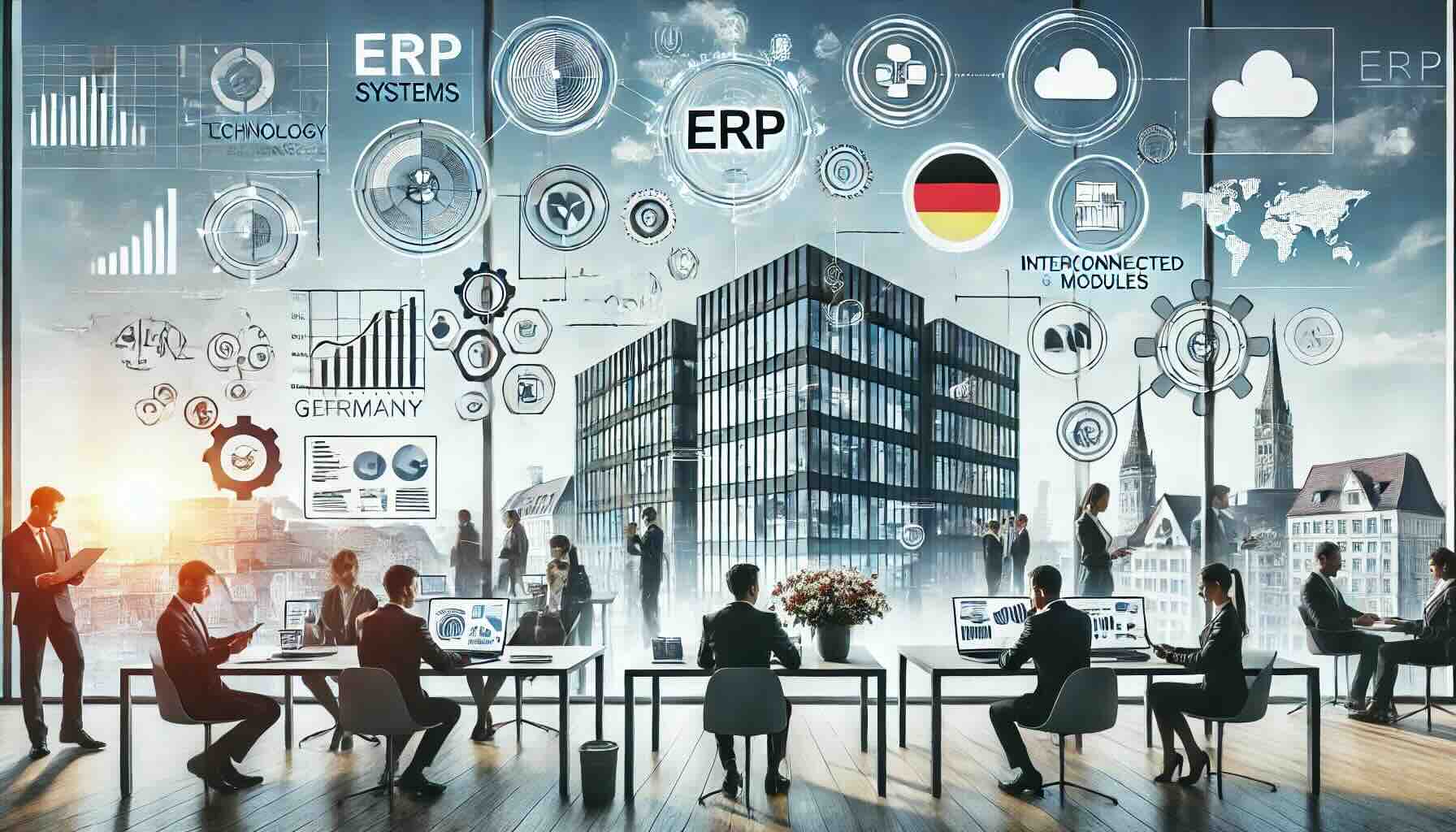
Germany, known for its thriving business landscape and technological advancements, is home to a wide array of Enterprise Resource Planning (ERP) systems. ERP solutions help companies streamline operations, integrate processes, and enhance decision-making across all levels of business. From small enterprises to global corporations, selecting the right ERP system is crucial for success. This article explores the best ERP systems in Germany, comparing their features, pricing, and suitability for various business types.
Why ERP Systems are Crucial in Germany
Germany’s economy thrives on industries such as manufacturing, automotive, retail, and logistics. ERP systems cater to these industries by automating workflows, managing resources, and ensuring compliance with local regulations such as GDPR and VAT reporting. Choosing an ERP system that aligns with German business needs can drive efficiency and growth.
Top ERP Systems in Germany
1. SAP ERP
SAP, headquartered in Germany, is a global leader in ERP software.
Features:
- Comprehensive modules covering finance, supply chain, production, and HR.
- Industry-specific solutions tailored to sectors like manufacturing and automotive.
- Integration with advanced technologies such as IoT and AI.
- Cloud, hybrid, and on-premise deployment options.
Pros:
- Scalable for small to large enterprises.
- Strong focus on German regulatory compliance.
- Extensive customer support and training resources.
Cons:
- High implementation cost and complexity.
- Requires significant training for end-users.
Best For:
Large enterprises and multinational companies looking for advanced customization and scalability.
To find out more about SAP you can click this link.
2. Microsoft Dynamics 365
Microsoft Dynamics 365 is a versatile ERP and CRM solution widely used in Germany.
Features:
- Modular design with apps for finance, operations, sales, and customer service.
- Seamless integration with Microsoft Office 365 and Azure.
- AI-driven insights and analytics for decision-making.
- Cloud-first approach with robust data security.
Pros:
- User-friendly interface.
- Flexible pricing plans.
- Strong integration with Microsoft tools.
Cons:
- Limited customization compared to SAP.
- May not cover niche industry needs without add-ons.
Best For:
Medium to large businesses seeking a cloud-based ERP with excellent user experience.
To find out more about Microsoft Dynamics you can click this link.
3. Odoo
Odoo is an open-source ERP solution gaining popularity in Germany for its affordability and customization.
Features:
- Over 10,000 customizable modules, including inventory, project management, and eCommerce.
- Cloud-based and on-premise deployment options.
- Open-source framework allowing tailored solutions.
Pros:
- Cost-effective for small and medium enterprises (SMEs).
- Highly customizable.
- Active community for support and updates.
Cons:
- Requires technical expertise for customization.
- Limited support for highly regulated industries.
Best For:
Startups and SMEs looking for an affordable and flexible ERP solution.
To find out more about Odoo you can click this link.
4. Infor CloudSuite
Infor is known for its industry-specific ERP solutions, particularly in manufacturing and healthcare.
Features:
- AI-driven automation and analytics.
- Industry-specific functionalities for manufacturing, healthcare, and retail.
- Cloud-based architecture with multi-tenant capabilities.
Pros:
- Strong focus on vertical industries.
- Intuitive user experience.
- Scalable solutions for growing businesses.
Cons:
- Higher cost for small businesses.
- Limited on-premise deployment options.
Best For:
Manufacturers and businesses with complex supply chains.
To find out more about Infor you can click this link.
5. Sage 100 and 300
Sage offers robust ERP solutions tailored for SMEs in Germany.
Features:
- Comprehensive accounting and financial management tools.
- Modules for inventory, payroll, and sales management.
- Easy-to-use interface suitable for non-technical users.
Pros:
- Affordable and easy to implement.
- Strong focus on compliance with German tax laws.
- Excellent support for SMEs.
Cons:
- Limited scalability for large enterprises.
- Basic reporting and analytics.
Best For:
SMEs needing a cost-effective ERP for financial and operational management.
To find out more about Sage you can click this link.
6. Epicor ERP
Epicor is a strong contender for mid-sized manufacturers and distributors in Germany.
Features:
- Customizable modules for production, supply chain, and customer management.
- Advanced scheduling and shop-floor automation.
- Cloud-based and on-premise options.
Pros:
- Focus on manufacturing and distribution.
- Comprehensive reporting tools.
- High-level customization options.
Cons:
- Steeper learning curve for first-time users.
- Higher implementation costs.
Best For:
Mid-sized manufacturing firms seeking advanced production and inventory management.
To find out more about Epicor you can click this link.
Key Considerations When Choosing an ERP System
Selecting the right ERP system depends on various factors, including:
- Business Size and Industry: Large enterprises require scalable solutions like SAP, while SMEs might prefer Odoo or Sage for affordability.
- Deployment Options: Cloud-based systems like Microsoft Dynamics 365 are ideal for remote and hybrid work environments.
- Customization Needs: Open-source platforms like Odoo offer flexibility, but proprietary systems often provide better out-of-the-box features.
- Budget: Consider the total cost of ownership, including licensing, implementation, and maintenance.
- Regulatory Compliance: Ensure the ERP system supports local laws and industry-specific standards.
Conclusion
Germany offers a diverse range of ERP solutions tailored to different industries and business sizes. From the robust and feature-rich SAP ERP to the flexible and affordable Odoo, companies have a wealth of options. By evaluating your business needs, budget, and long-term goals, you can choose the right ERP system to streamline your operations and boost productivity.
For businesses in Germany, an ERP system is not just a tool but a strategic investment. Make an informed decision and watch your business thrive in the competitive German market.
To compare these ERP solutions and many more, you can use our new AI-powered Compare ERP tool. It’s free to use and you get a guaranteed discount on your first year’s licence fees with a referral from Compare ERP.
